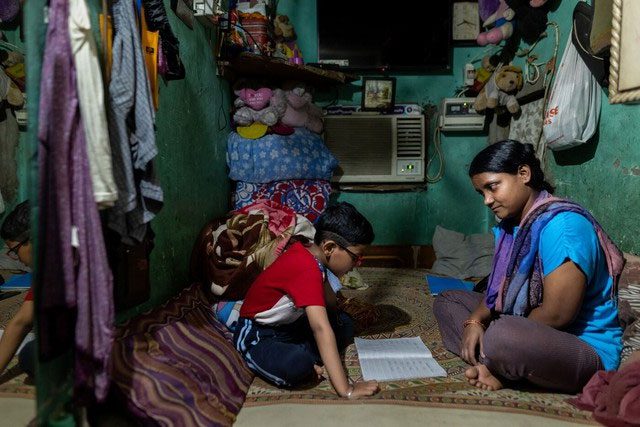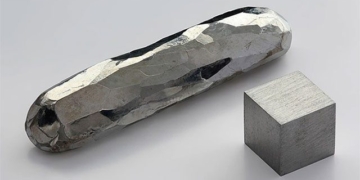In India, when temperatures become extreme, air conditioning is the essential key to survival, but this cooling solution is exacerbating the global warming problem.
1 Billion Air Conditioners Sold
Summers in India are always sweltering. Day by day, these extreme weather conditions challenge human survival limits.
According to Bloomberg, the recent rise in temperatures led to over a dozen fatalities at an event in central India, while hospitals are overflowing with patients suffering from heat-related illnesses.
Hundreds of schools have had to close as temperatures continue to soar: temperatures are expected to hover around 450C across northern India by the end of this weekend.
The heatwave is driving up the demand for air conditioning units in densely populated markets such as India, China, Indonesia, and the Philippines.
According to estimates, the world will add another billion air conditioners by the end of this decade. The market is predicted to nearly double by 2040.
“We are operating in an endless opportunity,” said Kanwaljeet Jawa, head of the India branch of Daikin Industries Ltd, the world’s largest air conditioner manufacturer: “In recent years, our sales have increased more than 15 times.”
Bloomberg notes that this development has profound implications for the health, happiness, and economic growth of communities.

Piyu Haldar and her son, Yasir, at home in New Delhi. (Photo: Bloomberg).
Purchasing air conditioning is crucial for helping individuals and their communities escape poverty, as those living in hotter countries tend to be poorer, have worse sleep quality, and experience cognitive decline, leading to reduced productivity and output.
In a study of thousands of factories in India with different cooling system installations, researchers found that productivity decreases by about 2% for each degree Celsius increase.
Climate Change Worsened
However, the rapid expansion of air conditioning coverage also risks worsening the global warming problem. Most air conditioning units use refrigerants that are far more harmful than carbon dioxide.
One of the most common refrigerants, hydrofluorocarbons (HFCs), can be up to 1,000 times more potent in warming than carbon dioxide. Scientists estimate that failing to significantly reduce reliance on HFCs could lead to a half-degree Celsius increase in warming by the end of this century, contributing to more intense storms, droughts, and heatwaves.
Abhas Jha, a climate change expert with the World Bank based in Singapore, stated, if efficiency standards are not improved, “this planet will be literally cooked.”
Wealthier, cooler nations are tightening regulations on air conditioning, requiring products to be more energy-efficient and less harmful, but this will increase costs, making it difficult for people in low-income countries to access.
In low-income working-class neighborhoods in Delhi, these debates are abstract concepts.
For many, owning an air conditioner is a matter of survival. Piyu Haldar, a domestic worker, said her small house turns into an oven during the summer. The corrugated metal roof gets so hot it can cook food on it. Before going to bed, Haldar and her husband often splash water on the bed to cool the room.
When her son was born in 2016, he suffered from heat-related fevers. That was a turning point. To afford a cheap air conditioner, Haldar stopped buying clothes, cut down on meals, borrowed money, and doubled her cleaning jobs.
At 27, Haldar avoids turning on the air conditioner during the day. But when night falls, she turns it on. In a windowless bedroom, her son, Yasir, presses his face against the air conditioner, enjoying the “cool air!”
“Relatives visit just to sit next to it,” Haldar said. “Everyone thinks we have become very wealthy.” She mentioned that since buying the air conditioner, she and her husband have had more energy during the day, and Yasir no longer suffers from heat-related illnesses.
Naresh Tatavet, a personal driver in Delhi, saved up to buy his family’s first air conditioner, which they consider one of their biggest financial investments—equivalent to buying a motorcycle. In their neighborhood, when someone buys an air conditioner, “the neighbors bring sweets over to celebrate”.



















































